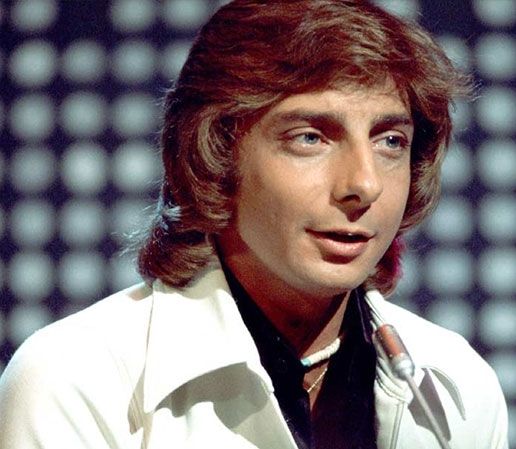“Mandy” – Barry Manilow

The Song “Mandy” by Barry Manilow
Released in 1974, “Mandy” by Barry Manilow is a classic ballad that has become one of the most enduring hits of the 1970s. Featured on Manilow’s self-titled album, the song is celebrated for its emotional depth, compelling melody, and Manilow’s evocative vocal performance. “Mandy” exemplifies the powerful storytelling and melodic craftsmanship that defined Manilow’s career and solidified his place in pop music history.

Lyrically, “Mandy” tells the poignant story of a man reflecting on a lost love. The song’s narrative centers on the protagonist’s regret and longing as he reminisces about a relationship that has ended. The chorus, “Oh Mandy, well, you came and you gave without taking,” captures the essence of the protagonist’s feelings of loss and appreciation for the love that once was. The lyrics are both heartfelt and introspective, resonating with listeners who have experienced similar emotions of regret and nostalgia.

Musically, “Mandy” features a lush orchestral arrangement that complements its emotional tone. The song’s instrumentation includes a sweeping string section, a tender piano line, and a subtle rhythm section, all of which create a rich and dramatic backdrop for Manilow’s vocal performance. Manilow’s delivery is characterized by its warmth and sincerity, enhancing the song’s emotional impact and making it particularly memorable.

The song achieved significant commercial success, reaching number one on the Billboard Hot 100 chart. Its popularity can be attributed to its relatable theme, memorable melody, and Manilow’s powerful performance. “Mandy” remains one of Barry Manilow’s most iconic songs, frequently featured in his live performances and cherished by fans for its emotional resonance and classic appeal.

In summary, “Mandy” by Barry Manilow is a timeless ballad that captures the emotional complexity of lost love and regret. Its heartfelt lyrics, dramatic musical arrangement, and Manilow’s evocative vocal performance contribute to its enduring popularity and significance. The song stands as a testament to Manilow’s talent for crafting memorable and emotionally impactful music, cementing its place as a classic of the 1970s pop genre.











